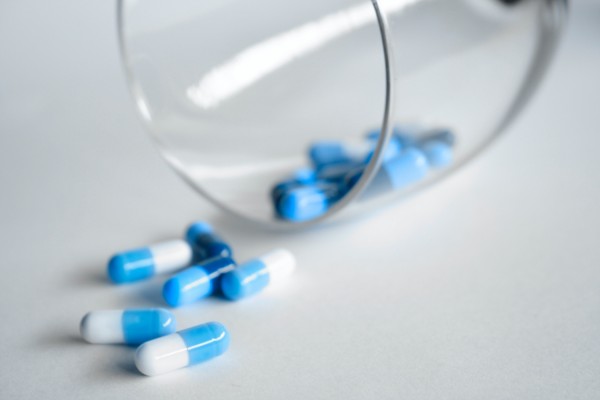Repurposing Antibiotics Can Help Treat Depression, Study Finds

Researchers have recently studied the possibility of repurposing antibiotics as a treatment for depression.
Depression is not an unusual condition. In fact, according to reports, it has already impacted approximately 260 million people globally, regardless of their age.
While causes of depression are diverse and multifaceted, heredities, "changes in brain chemistry," as well as environmental causes like traumatic experiences or tension, all believed to have played a vital role in the said behavioral and mental condition.
Historically, depression was perceived as an outcome of "chemical imbalance in the brain." However, today's studies think that it is, in fact, an indication of depression and not the reason or cause.
Along with a probable chemical imbalance, depression in people may exhibit changes as well, in the manner their brain networks link, as well as the modifications in both their anatomy and function.
ALSO READ: Deficiencies in Vitamins D and E Could Contribute to Higher Risk of COVID-19, Study Suggests
Inflammation in Brain
It's not all the time that "inflammation is a bad thing" because it is how the immune system of the body protects against danger or hazard.
However, long-lasting and severe inflammation can change various systems in the human body. Brain inflammation, for instance, can ultimately improve its chemical balance, which includes the manner the nerve cells of the brain are communicating with each other.
Having gathered this information, science experts say, people who have "chronic inflammatory illnesses" like cardiovascular disease, diabetes, and autoimmune disorders are found to be at higher risk of experiencing depression.
This condition can be among the symptoms of a lot of inflammatory neurological conditions as well, like Parkinson's disease, for one.
Antibiotics Repurposed
In relation to inflammation, researchers have recently studied if there is a possibility for drugs to be repurposed as a treatment for depression.
One research finding states that "minocycline," antibiotics being administered for the treatment of several conditions including urinary tract infections or UTI, infections in the skin, and chlamydia could prevent rodents from developing "depressive behavior" and other related disorders like memory loss, for one.
Also, according to the study, antibiotics may prevent the said behaviors as they can suppress the "inflammatory reaction of microglia."
Furthermore, antibiotics reportedly not only top the growth of bacteria. They have also presented promise in terms of modification of reaction of the immune system, and function as an anti-inflammatory.
And, like antibiotics, according to medical research, can "easily cross the blood-brain barrier and enter the brain," it has been discovered to have the so-called "neuroprotective properties."
DON'T MISS THIS: A Benefit of Exercise That You Probably Haven't Heard Much About
Limitations of Antibiotics
Like other drugs, antibiotics have their limitations, too. Long-term administration of the medicine has been presented to impact a "good bacteria" a human body has. They may also result in skin and teeth darkening.
Animal studies in the past that looked at minocycline or antibiotics for depression have also presented limitations in that it just had "antidepressant impacts" in male animals.
Even though the reason for this is not entirely accepted and understood, it has continually been presented that immune reactions vary between males and females, which also include "microglia reactions."
Nevertheless, the said previous studies indicated that humans and animals may have different, or even opposing immune reactions to the medicine.
In human trials, antibiotics have shown to have antidepressant impacts. One study presented improvements in the symptoms of depression, which included low mood in "mild to moderate depression" among HIV-stricken people when antibiotics were administered on its own.
Other studies, on the other hand, have concentrated on minocycline as an additional medicine to antidepressants, and the results were encouraging or favorable.
IN CASE YOU MISSED THIS: Stronger Immune System After 50: A Celebrity Doctor's Health Advice in This Time of Pandemic
Jul 09, 2020 09:30 AM EDT





